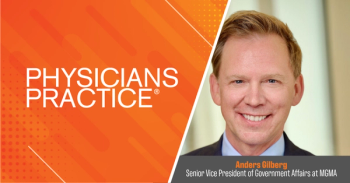
HIPAA and Cybersecurity Round-Up: November 2020
Warnings from government agencies and experts, coupled with recent HHS-OCR settlements, place HIPAA and cybersecurity compliance at the top of one’s “to do” list.
Warnings from government agencies and experts, coupled with recent HHS-OCR settlements, place HIPAA and cybersecurity compliance at the top of one’s “to do” list.
Despite the 2020 Election, the second-half of October presented the healthcare industry with alerts and financial penalties that should not be ignored. It’s not new that healthcare (and hospitals) in particular are “target rich” environments for cybercriminals. According to
On October 28, 2020, the Cybersecurity & Infrastructure Security Agency (CISA), released
- CISA, FBI, and HHS assess malicious cyber actors are targeting the HPH Sector with TrickBot and BazarLoader malware, often leading to ransomware attacks, data theft, and the disruption of healthcare services.
- These issues will be particularly challenging for organizations within the COVID-19 pandemic; therefore, administrators will need to balance this risk when determining their cybersecurity investments.
By deploying these newer forms of ransomware, cybercriminals are more nimble, which leads to increased ease, speed, and profitability of the victims. This means that regardless of the size of the covered entity or business associate, the IT person needs to stay abreast of new forms of attacks, training, and software patches/updates. And, as a reminder,
The final part of the “HIPAA Round Up” focuses on two HHS OCR settlements. The
The
The bottom line is that HIPAA and cybersecurity compliance are not going away. The harm to patients, legal liability, and financial costs are quite real. In sum, it is incumbent upon every person who creates, receives, maintains, and/or transmits PHI to do so in a prudent way – regardless of the size of the organization and whether he/she is at home or at work.
About the Author
Newsletter
Optimize your practice with the Physicians Practice newsletter, offering management pearls, leadership tips, and business strategies tailored for practice administrators and physicians of any specialty.






